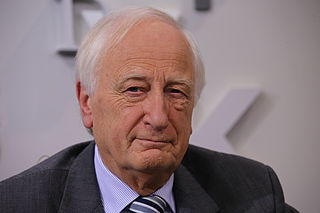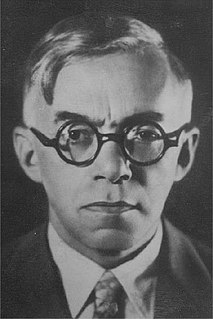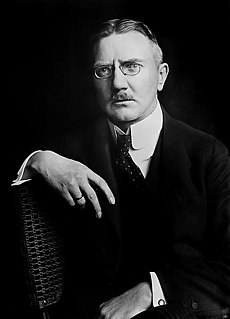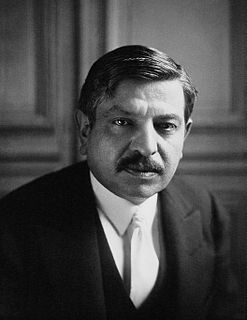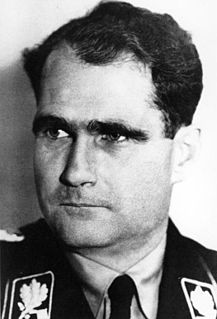A Quote by Heinrich August Winkler
Germany is not the only country that one could call post-heroic. But there is an additional aspect for Germany when it comes to this generally Western stance - one which Vladimir Putin would call decadent. For almost four-and-a-half decades after World War II, we didn't have full sovereignty. During this period, we existed in a niche of global politics. This experience of limited sovereignty continues to have an effect. Many Germans still have sympathy for the idea that Germany can exist as something like a large Switzerland in the middle of Europe.
Quote Topics
Additional
After
Almost
Aspect
Call
Could
Country
Decades
Effect
Europe
Exist
Existed
Experience
Four
Full
Generally
Germans
Germany
Global
Half
Heroic
Idea
Large
Like
Limited
Many
Middle
Niche
Only
Period
Politics
Post
Putin
Something
Sovereignty
Stance
Still
Switzerland
Sympathy
War
Western
Which
World
World War
World War I
World War II
Would
Related Quotes
America felt victorious and generous after World War II. They had also learned from the mistakes after World War I when they imposed punishment on Germany. What became of Germany? A Nazi dictatorship which threatened the world. Today's Germany doesn't feel as prosperous and generous as America then. But actually, Germany still is very prosperous.
It's important to remember that World War II was experienced very much as a continuity in that sense. Most of World War II in most of Europe wasn't a war; it was an occupation. The war was at the beginning and the end, except in Germany and the Soviet Union, and even there really only at the end. So the rest of time it's an occupation, which in some ways was experienced as an extension of the interwar period. World War II was simply an extreme form, in a whole new key, of the disruption of normal life that began in 1914.
One culture I find fascinating to juxtapose against American culture is the culture of Germany. They've gone through a long process through their art, poetry, public discourse, their politics, of owning the fact of their complicity in what happened in World War II. It's still a topic of everyday conversation in Germany.
Our international role depends on a strong Europe and a strong Europe depends on France's ability to share leadership with others, including Germany. If France is economically weak and doesn't carry out reforms, it is no longer credible. Europe's position on the global stage is thus weakened. I would like to change all that. France needs a strong Germany and a strong chancellor. But Germany also needs a strong France.
If I were a German today, I would be proud, proud but also worried. I would be proud of the magnificent achievement of rebuilding my country, entrenching democracy and assuming the undoubtedly preponderant position in Europe. But a united Germany can't and won't subordinate its national interests in economic or in foreign policy to those of the Community indefinitely. Germany's new pre-eminence is a fact - and its power is a problem - as much for Germans as for the rest of Europe.
German leftists have still not understood the degree to which Russian President Vladimir Putting has drifted to the right domestically. Now, insightful observers are saying that Putin is trying to create something like a reactionary Internationale. The turn toward homophobia and to clerics is completely ignored by leftists in Germany. Their sympathy for Putin comes largely from their antipathy for America. And this anti-Americanism is what binds them with the far-right.
The fight against Germany has now been waged for months by every Jewish community, on every conference, in all labor unions and by every single Jew in the world. There are reasons for the assumption that our share in this fight is of general importance. We shall start a spiritual and material war of the whole world against Germany. Germany is striving to become once again a great nation, and to recover her lost territories as well as her colonies. But our Jewish interests call for the complete destruction of Germany.
Nationalist Socialist Germany wants peace because of its fundamental convictions. And it wants peace also owing to the realization of the simple primitive fact that no war would be likely essentially to alter the distress in Europe. The principal effect of every war is to destroy the flower of the nation. Germany needs peace and desires peace!
I hope that the outside world will realise that Hitler's government has no idea of steering towards war, even though this has often been asserted abroad. As Adolf Hitler himself has said, Germany has no need of another war to avenge the loss of her military honour, because she never lost that honour. Germany does not want war of any kind. Germany wants real and abiding peace.
